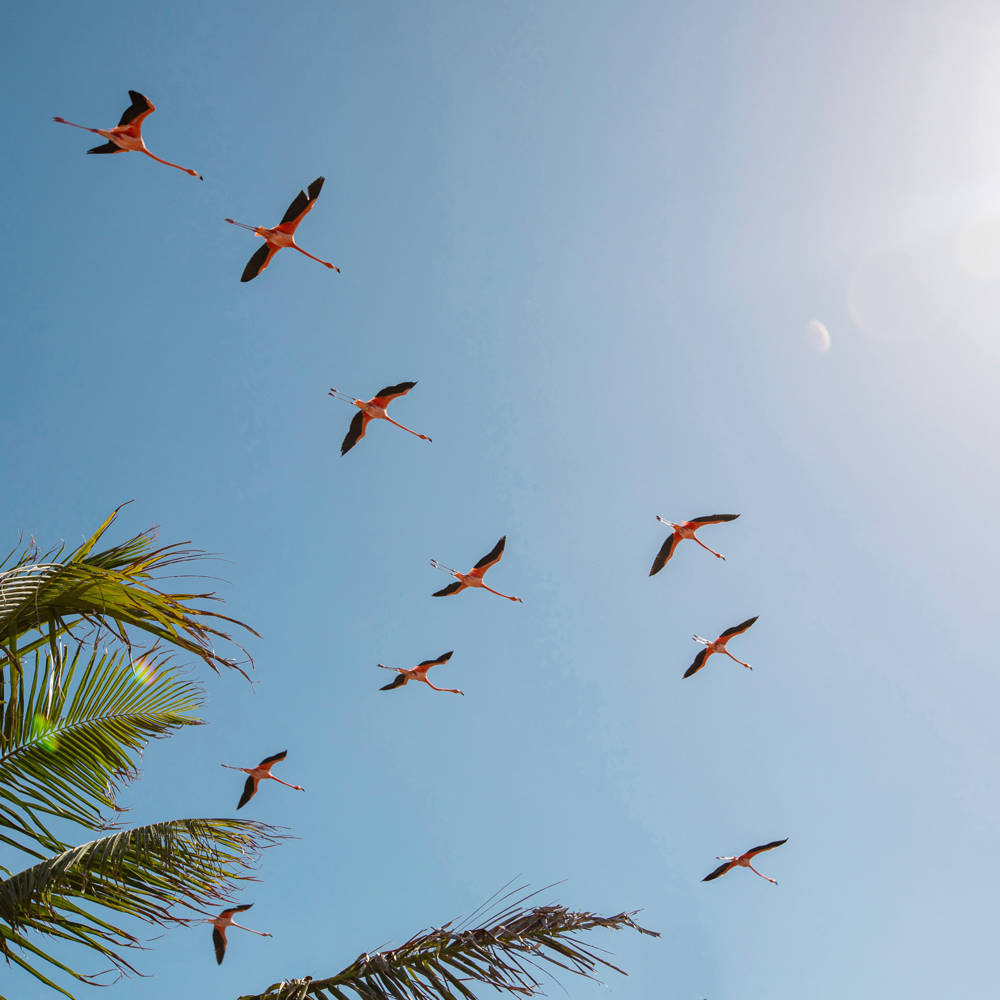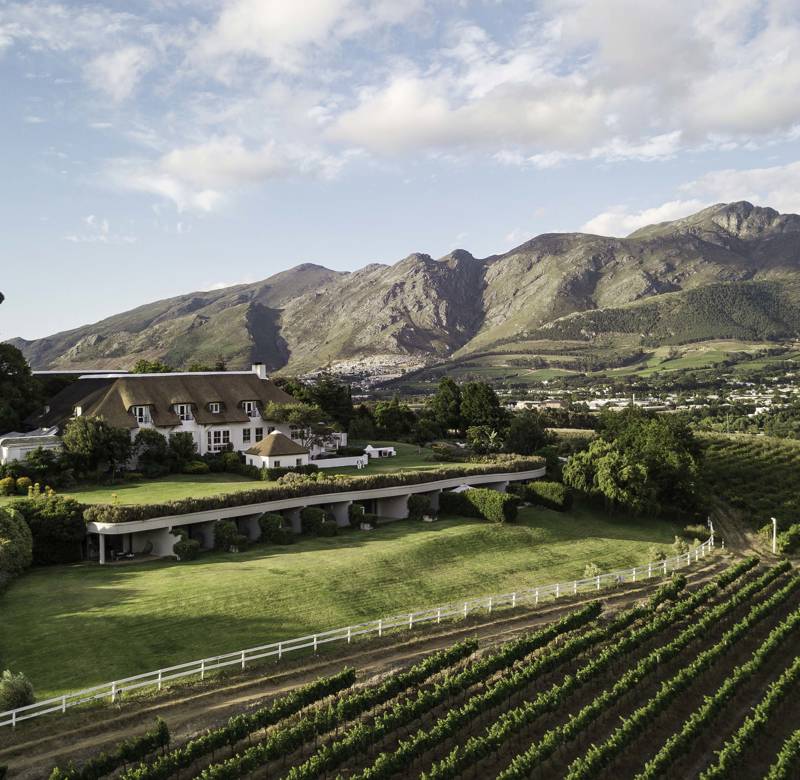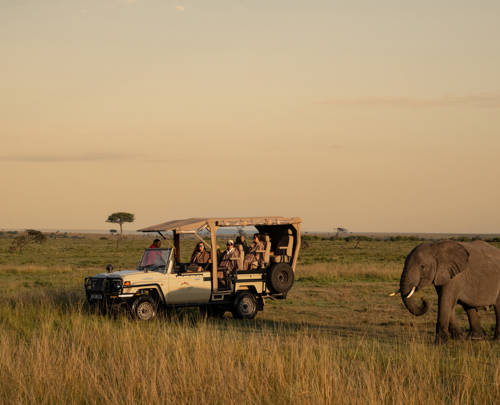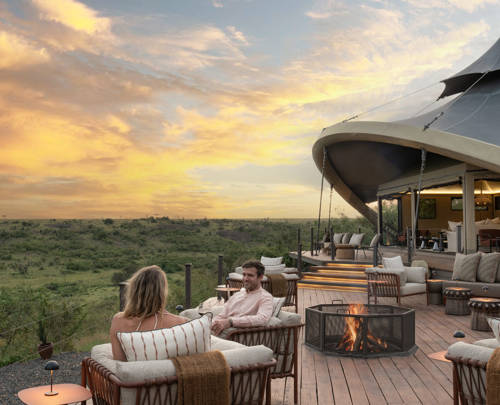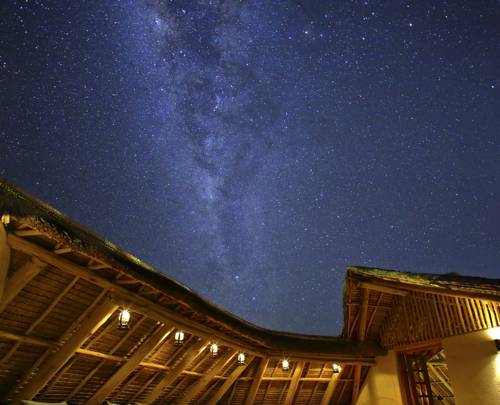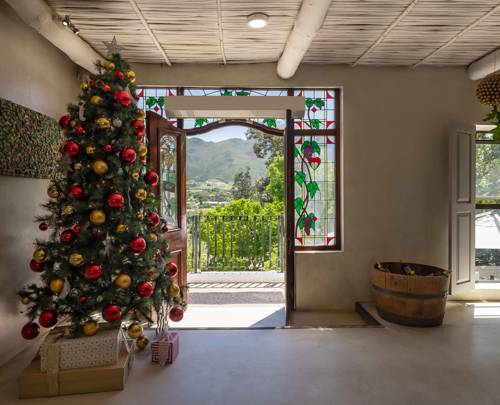Inspiration
Limited Edition stories
We deal in wanderlust. We like to get swept up: in aquatic adventures; in trails, treks and tours; in flavours and sunsets.
If you’re undecided where to pack up and head off to, immerse yourself in the pages of our travel notebook, catching up with the latest news, hearing from the people on the ground and collecting postcards.
Wish you were here?
Franschhoek Destination Guide: The Culinary & Wine Heart of the Cape Winelands
With its French heritage, charming village atmosphere, and more than three centuries of winemaking tradition, Franschhoek is an unmissable stop for travellers seeking the best of South Africa. And there’s no better way to experience it than by making Mont Rochelle Hotel & Vineyard your home in the valley.
When milestones deserve more - A safari celebration in Kenya
Some moments deserve more than a dinner reservation or a party at home. Landmark birthdays, anniversaries, vow renewals and once‑in‑a‑lifetime achievements call for a setting that feels extraordinary, somewhere that turns a celebration into a story you’ll be telling for years to come. In the heart of Kenya, Mahali Mzuri and Finch Hattons offer exactly that.
Honeymoons in the Mountains - Elevated Romance with Virgin Limited Edition
For couples who believe romance is best found above the clouds, a mountain honeymoon offers something profoundly special. Whether you’re dreaming of sun-drenched Mediterranean heights, North African drama, Alpine elegance, or South African wine country, these four extraordinary retreats redefine what a honeymoon in the mountains can be.
Discover the world after dark with Virgin Limited Edition
When the sun dips below the horizon, another side of travel awakens. Across the Virgin Limited Edition collection, each destination offers its own nocturnal magic. From African savannahs to Mediterranean mountains and Caribbean islands, the absence of light pollution turns every night into a spectacle of celestial wonder.
The most breathtaking Virgin Limited Edition wedding destinations around the world
Every love story deserves a setting as unique and breathtaking as the couple at its heart. From the wild plains of Kenya to the serene vineyards of South Africa and the turquoise waters of the Caribbean, Virgin Limited Edition’s luxury retreats transform dream weddings into unforgettable moments.
Hidden Mallorca - The Island’s Most Picturesque Villages
Tucked between the rugged cliffs of the Tramuntana Mountains and the sparkling Mediterranean, Mallorca’s northwest coast is a patchwork of secret villages, terraced vineyards, and sun-drenched stone streets that seem untouched by time.
Tented Weddings: Where wild romance meets luxury adventure
There’s something wildly romantic about the soft rustle of canvas, lantern light flickering in the dusk, and the distant hum of the wilderness. Forget ballrooms and banquets: this is the new frontier of romance, where love stories unfold under open skies and every moment feels like it’s been written just for you.
Cycling in Mallorca: Train like a pro from Son Bunyola
Mallorca is more than a sun-soaked Mediterranean escape; it is a world-class cycling destination. Favoured by some of the world’s best professional cycling teams, the island offers an unmatched mix of terrain, climate, and scenery, making it ideal for both structured training and performance-focused cycling holidays.
Stargazing in Tsavo: Discover Kenya’s ultimate celestial safari at Finch Hattons
When you picture Tsavo National Park in Kenya, you may think of elephants roaming red-dusted plains, sunsets painting the sky in fiery hues, and the raw beauty of Africa’s wilderness. But once night falls, Tsavo reveals another breathtaking wonder: some of the clearest, darkest skies in Africa, perfect for stargazing.
Sunlit celebrations: Your festive season in Franschhoek with Mont Rochelle
In December and January, Franschhoek swaps winter’s chill for warm sunshine and long golden afternoons. Vineyards shimmer in the heat, village streets sparkle with festive lights, and the valley hums with holiday spirit.
